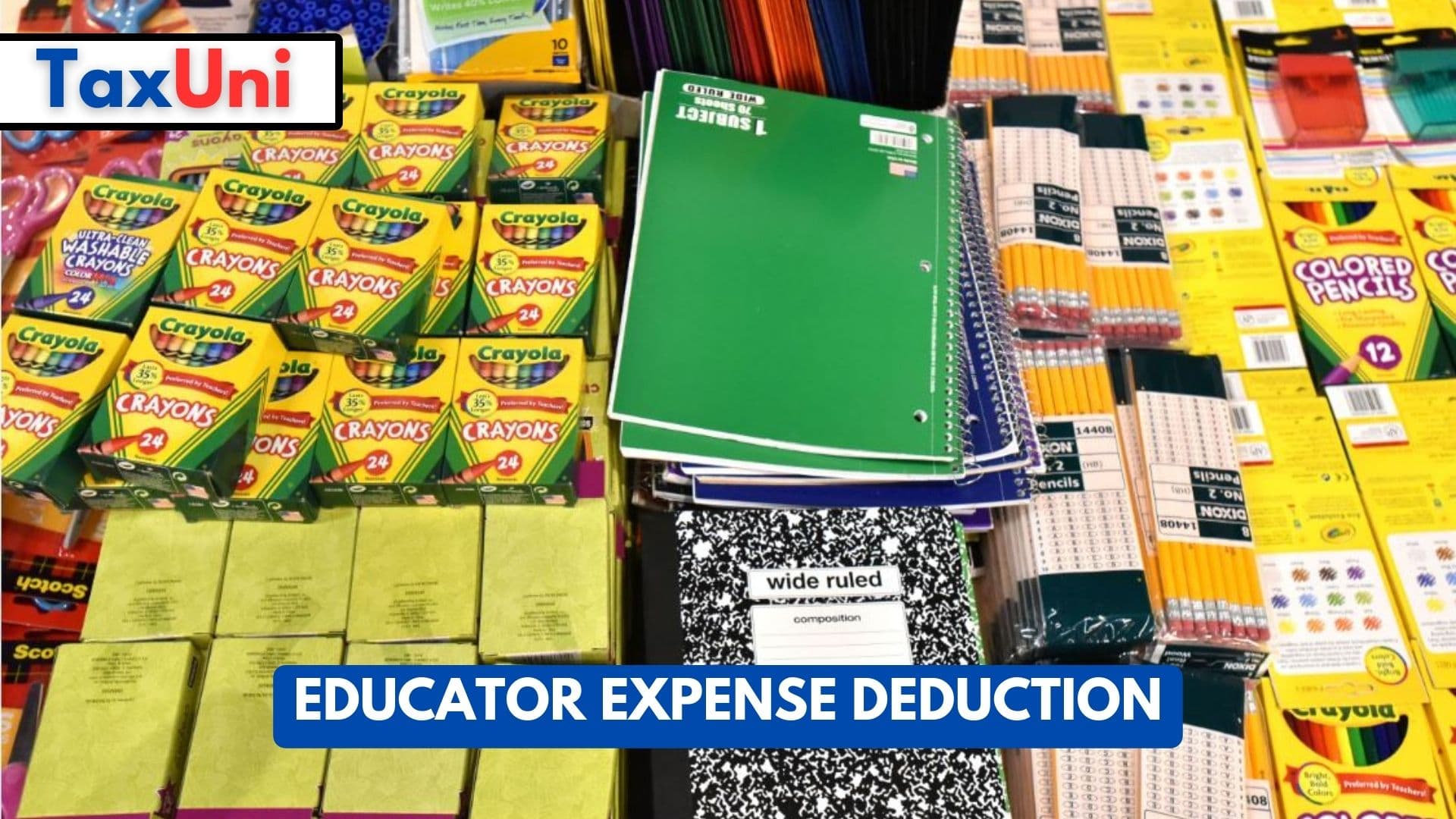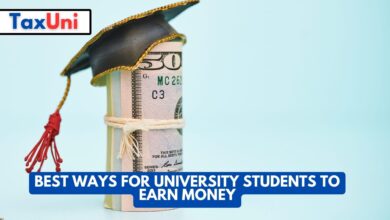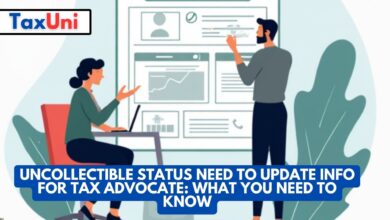Educator Expense Deduction
Teachers often dip into their own pockets to provide students with materials. A modest tax deduction can help them recover some of those expenses.

As students head back to school, teachers are dipping into their pockets for classroom supplies. They may also be shelling out for professional development courses that aren’t covered by their paychecks or other sources of income. The good news is that a new tax deduction may help them get some of this money back. Effective for the 2025 tax year, Educator Expense Deduction lets educators and certain other workers claim up to $300 of unreimbursed classroom expenses when filing their federal taxes. The amount is higher if you’re married and filing jointly. You can’t take this deduction if you work for a post-secondary education institution, such as a college or university, or if you homeschool your children.

Who Can Claim Educator Expense Deduction?
In order to qualify for this deduction, you must meet two requirements: (1) worked at a school and (2) worked at least 900 hours. Educators who work at public, private, or religious schools and individuals who teach at home or a homeschool environment qualify. However, college professors and those who teach at non-educational institutions, such as graduate school, do not qualify for the educator expense deduction. You cannot claim this deduction if you already claimed the standard deduction or other itemized deductions less than $300. If you are unsure whether you can claim this deduction or not, consult with your tax adviser.
The Educator Expense Deduction is an above-the-line adjustment to income, which means it’s applied before determining whether you itemize or take the standard deduction. Unlike other types of miscellaneous itemized deductions, such as the home office deduction, the educator expense deduction isn’t subject to the 2% adjusted gross income floor that applies to other miscellaneous itemized deductions. This makes the deduction particularly helpful for qualifying educators who pay higher taxes because they make more money than the average American. Keeping receipts is crucial for teachers who want to claim this deduction. The IRS recommends that educators save all receipts and other documentation for eligible expenses, including a detailed record of each purchase’s date, amount, and purpose.

Qualified Expenses for Educator Expense Deduction
Qualified expenses include costs for books, supplies, computers including, related software and equipment, and supplementary materials that are used in the classroom. They can’t be personal or recreation expenses, and health and physical education course supplies qualify only if they’re used for athletics. The IRS suggests that teachers keep receipts and a careful log of these expenses in case they’re audited. However, it excludes expenses for
- Personal use
- Non-educational items such as food, entertainment, and transportation.
- Tuition and fees paid to a university or college, distributions from Coverdell education savings accounts
- Nontaxable U.S. Series EE and I savings bond interest or nontaxable qualified state tuition program income.
In the past, teachers could deduct expenses over and above the $250 limit – things like uniforms, union dues, and transportation costs. However, these deductions were eliminated due to the Tax Cuts and Jobs Act passed in 2017.





